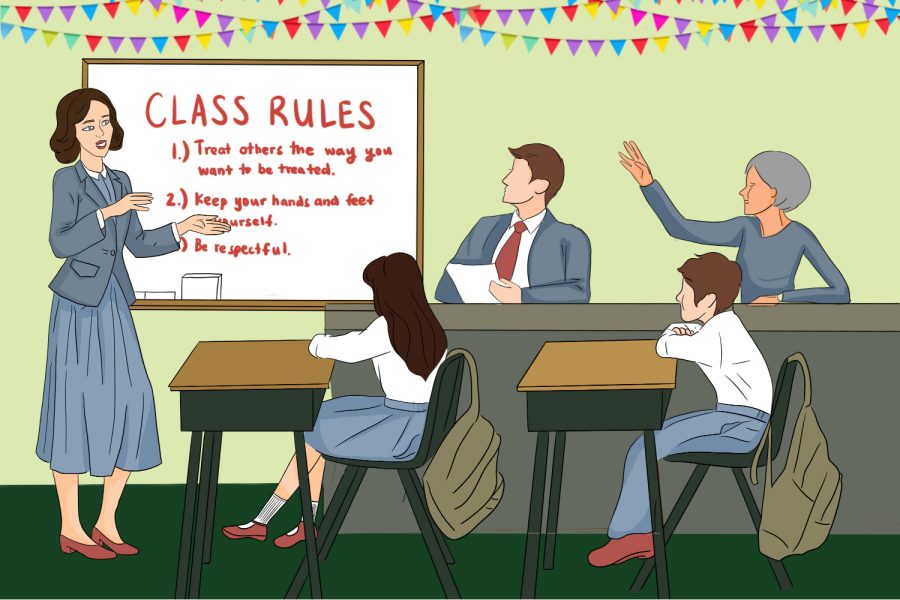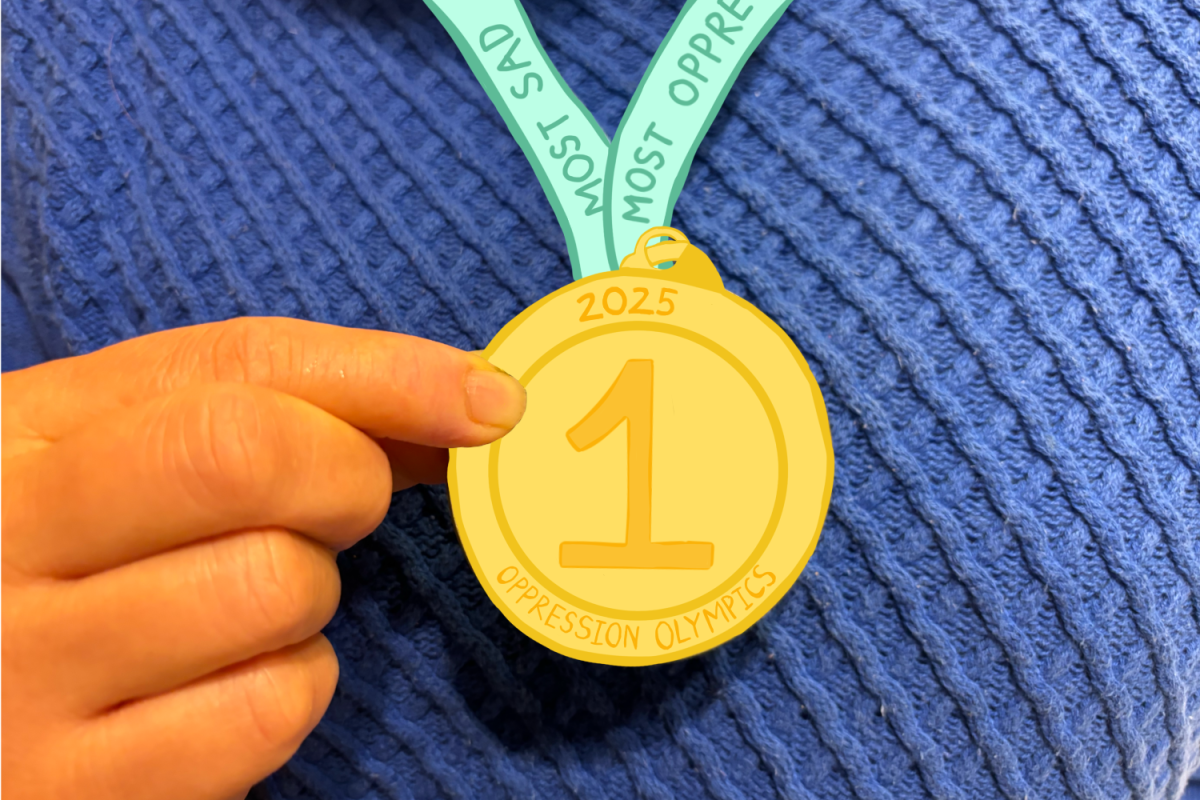Corporations have implemented mandatory “workplace etiquette” and behavioral training for years. Employees, managers, directors, and executives alike share their sheer excitement for the hour-long sessions with exclamations of “ugh,” “I could be getting more work done instead of this.” and “Who actually cares about this?”
Often, sessions will be accompanied by a myriad of stock photos and a slide presentation with vague wording and recommendations.
But if that is the case, why not have it be a part of the employment contract? After all, in such a progressive, advanced, and informed society, it’s given that we should treat everyone, especially women and members of the LGBTQ community, with respect. A binding contract really is a formality at this point because it would be preposterous to suggest that humans go against their word.
Furthermore, as perfect humans, we always consider basic human decency every time we decide to make someone else’s day horrible because we don’t like their beliefs.
Some could argue that the communities mentioned are not getting the equal treatment they deserve. To that, I say: “That’s impossible! We all know better! We are all humans, and we should treat each other as human beings!”
Hypothetically, what should our response be in the obviously rare case that discrimination continues to occur within the workplace? Ethics education supporters may argue that integrating behavior and ethics education into children’s curriculum is vital to make a considerable change. To them, I say: “You are completely incorrect. After all, changing the opinions of adults is the easiest thing known to humankind!”
Instilling better behavior in children would doom their futures by making them sensitive and emotionally intelligent beings.
What’s more, according to the National Library of Medicine, the phenomenon known as infantile amnesia prevents adults from retaining a clear memory of their childhood. Authors, Cristina Alberini and Alessio Travalgia claim that adults struggle to recall memories from their early childhood because the infant’s brain is still developing.
“We propose that infantile amnesia reflects a developmental critical period during which the learning system is learning how to learn and remember,” Alberini and Travalgia said.
If adults struggle to retain memories about their favorite toy when they were two, how are they supposed to remember how to behave properly? It’s not like, statistically, 70.7% percent of children live with two parents that can guide them and can emphasize ethical and considerate behavior.
Ultimately, encouraging children and adults alike to think critically, use common sense, and be kind to others is unnecessary and, frankly, a waste of time. Children cannot remember lessons taught to them and by the time they reach adulthood, they have developed into the perfect specimen for our flourishing society: robotic, numb, and inconsiderate.
Besides, we live in a flawless society without problems. Everyone feels safe enough to express their individuality and share their valued opinions without persecution.













